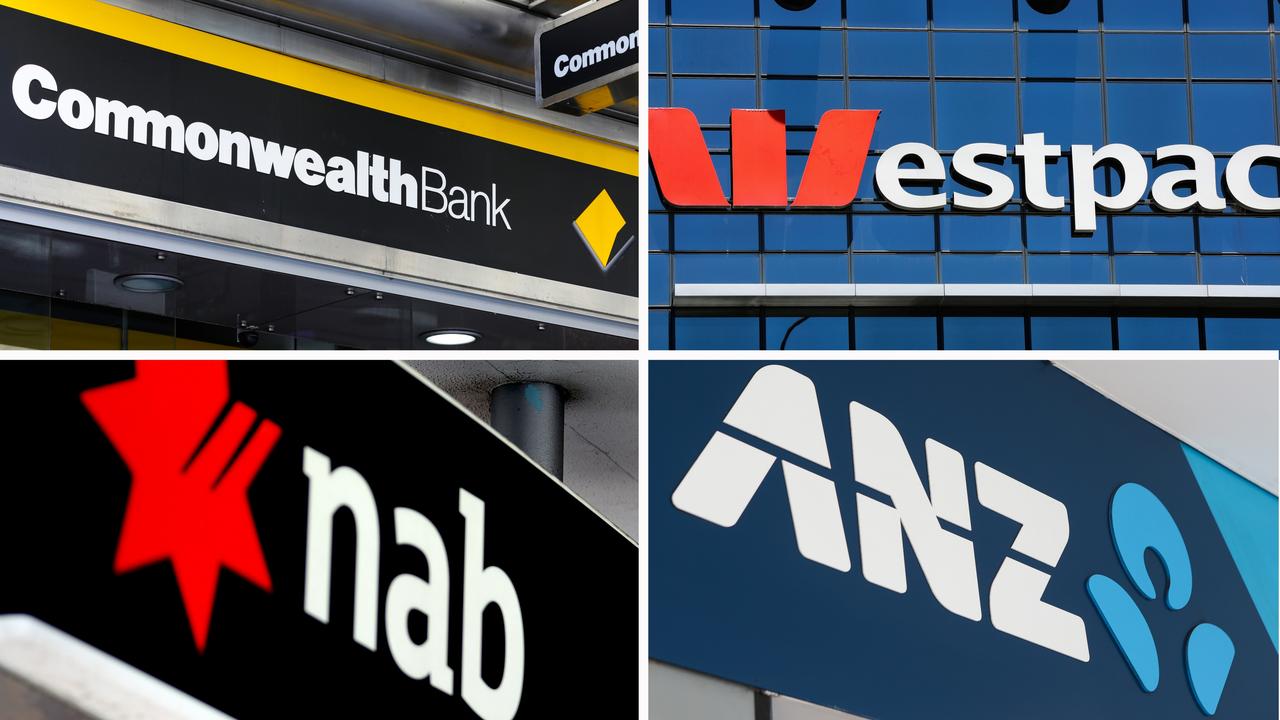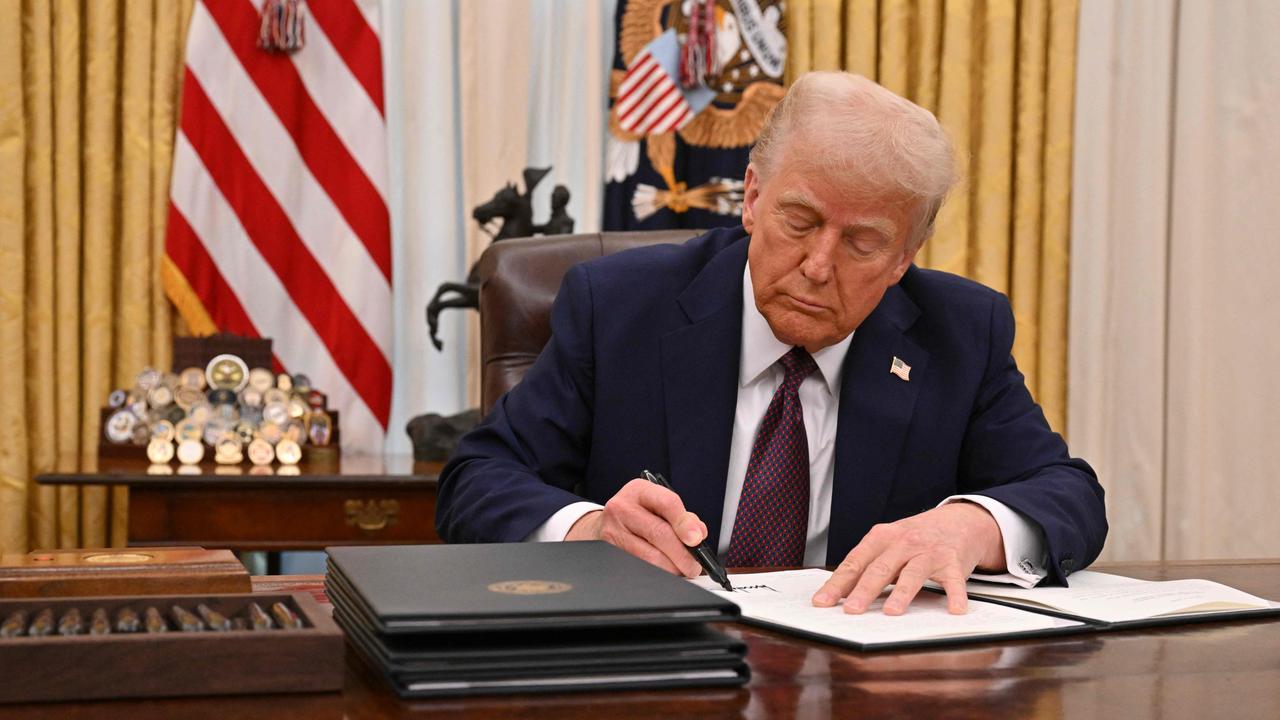Carbon price too low, argue British MPs
THE only large-scale "pollution trading" system in the world, run by the European Union, is failing to deliver green energy investment and will not succeed without a radical hike in the price imposed on polluters, British MPs say.
THE only large-scale "pollution trading" system in the world, run by the European Union, is failing to deliver green energy investment and will not succeed without a radical hike in the price imposed on polluters, British MPs say.
The price of emitting a tonne of carbon would have to rise from E15 ($23) to about E100 a tonne to discourage pollution and drive new investment in low-carbon technology, according to an all-party committee chaired by senior Conservative MP Tim Yeo.
The British MPs' conclusion that the EU's emissions trading scheme is too soft on polluters is a stark warning to the Rudd government, which is proposing an emission trading system even more generous to heavy polluters.
The Rudd government's reliance on market-based emissions trading is the biggest difference between the Labor and opposition climate change policies.
A lengthy review of Europe's 27-nation ETS by the House of Commons' environment audit committee concluded that emissions trading was still the best way to reduce carbon emissions but it needed tighter emissions targets and may have to be backed by other measures, such as a carbon tax or minimum prices.
"If the government wants to kick-start serious green investment, it must step in to stop the price of carbon flatlining," Mr Yeo said.
As many carbon permits as possible should be auctioned instead of being issued free to heavy polluters, the British MPs said. The Rudd government has sought to placate industry opponents by promising large-scale allocations of free permits to heavy polluters such as power generators.
The most potent lesson from Europe for countries considering carbon trading schemes is that it is not worth doing unless it imposes enough rigour on the market to change the behaviour of investors and polluters.
Mr Yeo, an environment minister in the government of John Major, said emissions trading "should be helping us to combat climate change, but at the moment the price of carbon simply isn't high enough to make it work".
"The recession has left many big firms with more carbon allowances than they need and carbon prices have collapsed."
Mr Yeo said the European scheme should one day join up with Australian and other schemes to form a global system but the looser standards of the foreign proposals would create the need for safeguards to protect the rigour of the European scheme.
A carbon "exchange rate" would be necessary to stop more freely available foreign credits from undermining the European prices, he said.
"Only a global effort will make a real difference in tackling climate change. Other countries outside Europe are developing emissions trading schemes, and these need to be joined up.
"The government and the rest of Europe should actively push for this, while ensuring that in doing so action is taken to at least maintain the carbon price."
The committee reported that Britain, "with its European partners, should ensure that schemes are not merged without a well-founded `exchange rate' in place."
Britain's main business lobby, the Confederation of British Industry, backed the committee's warning that carbon prices were too low.
CBI deputy director-general John Cridland said emissions trading "remains the best way to reduce carbon emissions cost-effectively, and is currently helping to achieve Kyoto Protocol and EU 2020 emissions targets".
The House of Commons committee heard evidence from a fund manager specialising in low-carbon investments that part of the problem was the success of major polluters in pleading for a soft start to emissions trading.
Climate Change Capital executive director James Cameron said it was crucial "not to have gentle sloping starts" despite "the evidence you generally get from industry, who tell you, be gentle on us to begin with".
Mr Cameron said such pleading "has been very successful recently in Australia: don't touch us now that the economy is in trouble".
"Actually the reverse is true. You really want emissions trading to confront you right away with a significant challenge to make you face up to the obligation to reduce" emissions and make the consequent investment decisions.


